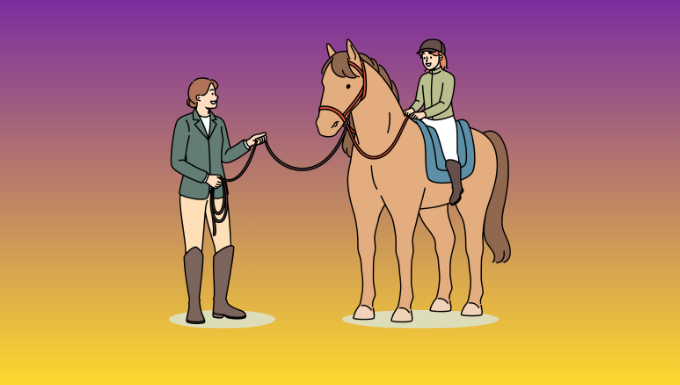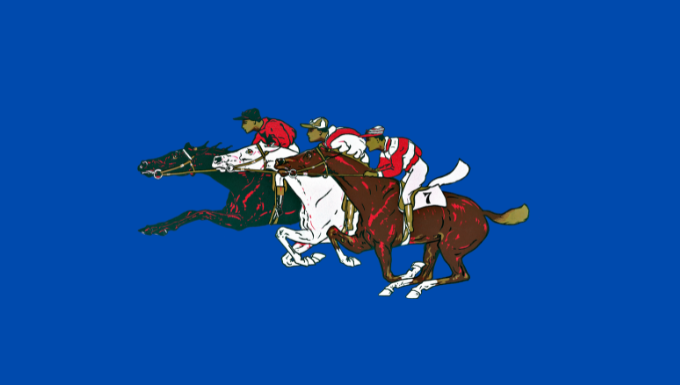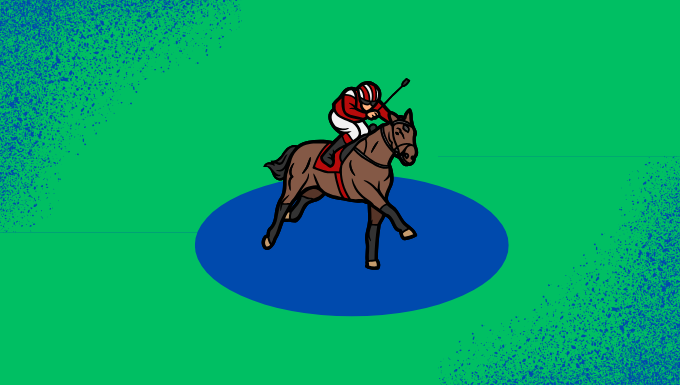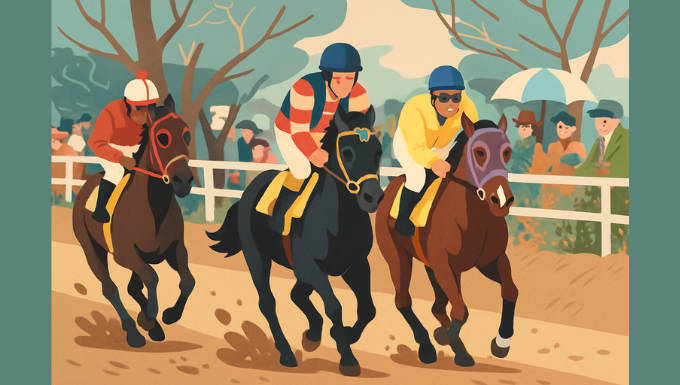If you’ve spent any time at the track, you know all eyes are on the horses. They are incredible athletes, and a great horse can certainly win on talent alone. But I’ve learned over many years of handicapping that a horse is only one part of the equation. The two other key players, the trainer and the jockey, can make or break your bet. Ignoring them is one of the biggest mistakes a bettor can make.

The Mastermind: The Horse Trainer
Think of the trainer as the head coach. Their job starts long before race day. They are responsible for the horse’s health, fitness, and mental readiness. A sharp trainer puts their horse in a position to win.Here’s what you need to look at:
- Conditioning: Is the horse ready for today’s race? A good trainer knows how to get a horse fit for a specific distance. A horse that looks great running 6 furlongs might tire and fade at a mile and a sixteenth if not properly prepared. The trainer manages the daily workouts to build that stamina.
- Placement: This is a huge one. The best trainers are masters at finding the right race for their horse. They don’t just throw them in against the toughest competition every time. They find spots on the card where their horse has a real competitive edge. If you see a horse dropping in class (running against easier competition), it’s often a sign the trainer is looking for an easier spot to grab a win.
- Form Cycles: Trainers, like athletes, have hot and cold streaks. Check the trainer’s stats for the current race meet. A trainer who has won with 25% of their starters over the last 30 days is clearly doing something right. Their entire barn is likely in good form.
- Key Trainer Stats:
- Win Percentage: Look at their overall win rate, but also their record at the specific track you’re betting. Some trainers excel at certain tracks.
- Layoffs: How does the trainer do with horses that haven’t raced in a while (e.g., 60+ days)? Some are experts at getting a horse ready to win fresh off a break. A high win percentage here is a very positive sign.
- Surface Switches: Pay attention to a trainer’s record when moving a horse from dirt to turf, or vice-versa. Some have a knack for it.
- First-Time Starters: Betting on a horse making its debut is tricky. But if the trainer has a high win percentage with first-timers, it means they know how to get a young horse ready to fire from the start.
The Pilot: The Jockey
If the trainer is the coach, the jockey is the star quarterback. They have to make split-second decisions during the race that can mean the difference between winning and finishing off the board. Strength, skill, and race intelligence are a jockey’s key assets.Here’s how a jockey makes a difference:
- The Break: A good start is critical. A jockey who can get their horse out of the starting gate cleanly and into a good position has a massive advantage. A poor start can end a horse’s chances before the first turn.
- Race Tactics: The jockey has to execute the trainer’s plan. Should the horse go to the lead? Sit just off the pace? Or come from behind? A smart jockey can read the pace of the race and put their horse in the best spot to conserve energy for the final stretch.
- The “Hot Hand”: Confidence is key. A jockey on a winning streak is seeing the track clearly and riding with conviction. They are more likely to take chances that pay off. Always check the jockey standings for the meet.
- Key Jockey Stats:
- Win/In-the-Money Percentage: Just like with trainers, look at their stats for the meet and the specific track. A jockey who consistently hits the board (finishes 1st, 2nd, or 3rd) is a reliable bet.
- Performance on Favorites: Some jockeys are brilliant at getting the favorite home. Others might have a lower win percentage but provide a great return on investment (ROI) because they are skilled at winning on longshots.
- Mounts for Top Stables: The best jockeys get to ride the best horses. When you see a leading jockey riding for a leading trainer, it’s a powerful combination.
Finding Betting Value
So, how does this all lead to cashing tickets? It helps you look past the obvious.
- Jockey Change: A horse has been finishing 4th or 5th with average jockeys. Today, a leading jockey takes the mount. This is a huge signal. The top rider’s agent wouldn’t put them on a horse they didn’t think had a real shot. This “live” jockey change can offer great value.
- The Layoff Specialist: A horse is coming back from a long break and the odds are high. But you see the trainer wins at 25% with horses off a layoff. That horse is likely much more ready than the public thinks.
- The New Trainer: A horse moves to a new barn. If the new trainer has a significantly better record than the old one, you can expect an improved performance. This is called the “trainer change” angle, and it’s a classic for a reason.
Horse racing betting is a puzzle with many pieces. The horse is the biggest piece, but the trainer and jockey are just as important. By adding this analysis to your routine, you’ll stop guessing and start making smarter, more informed bets.


